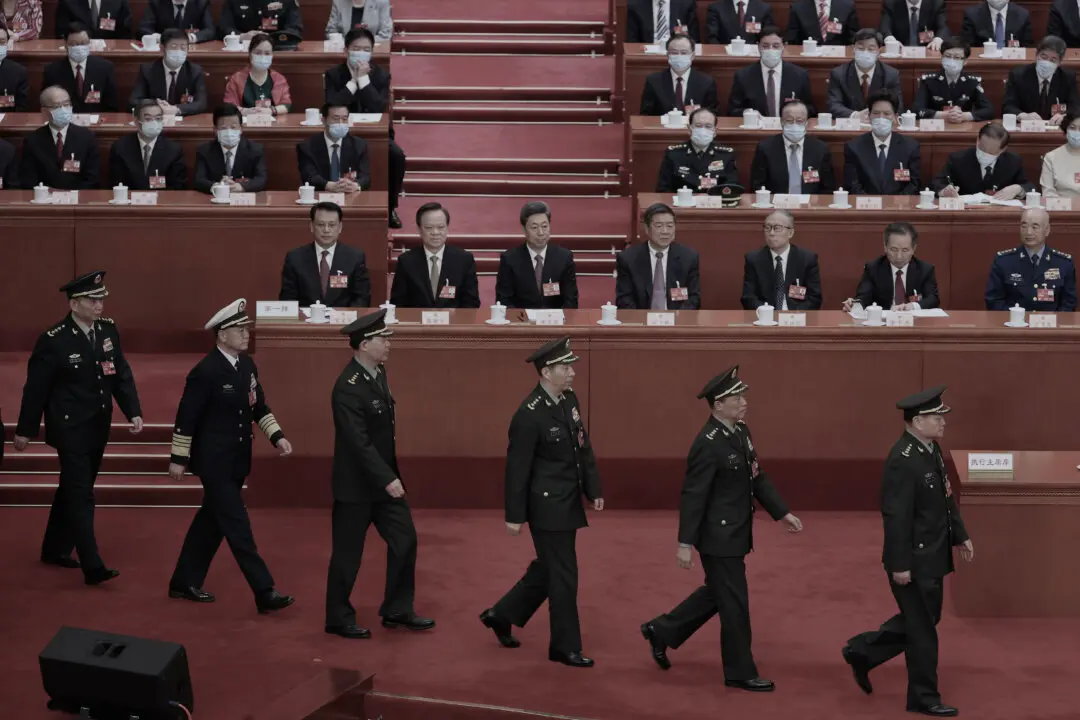Indonesia has approved a new criminal code that includes a provision to ban communist and Marxist-Leninist propaganda, a move seen by experts as part of a general trend of global rejection of the Chinese communist regime.
The provision, passed on Dec. 6, stipulates that those who propagate communism and Marxism-Leninism can be sentenced to four to 15 years in prison.




